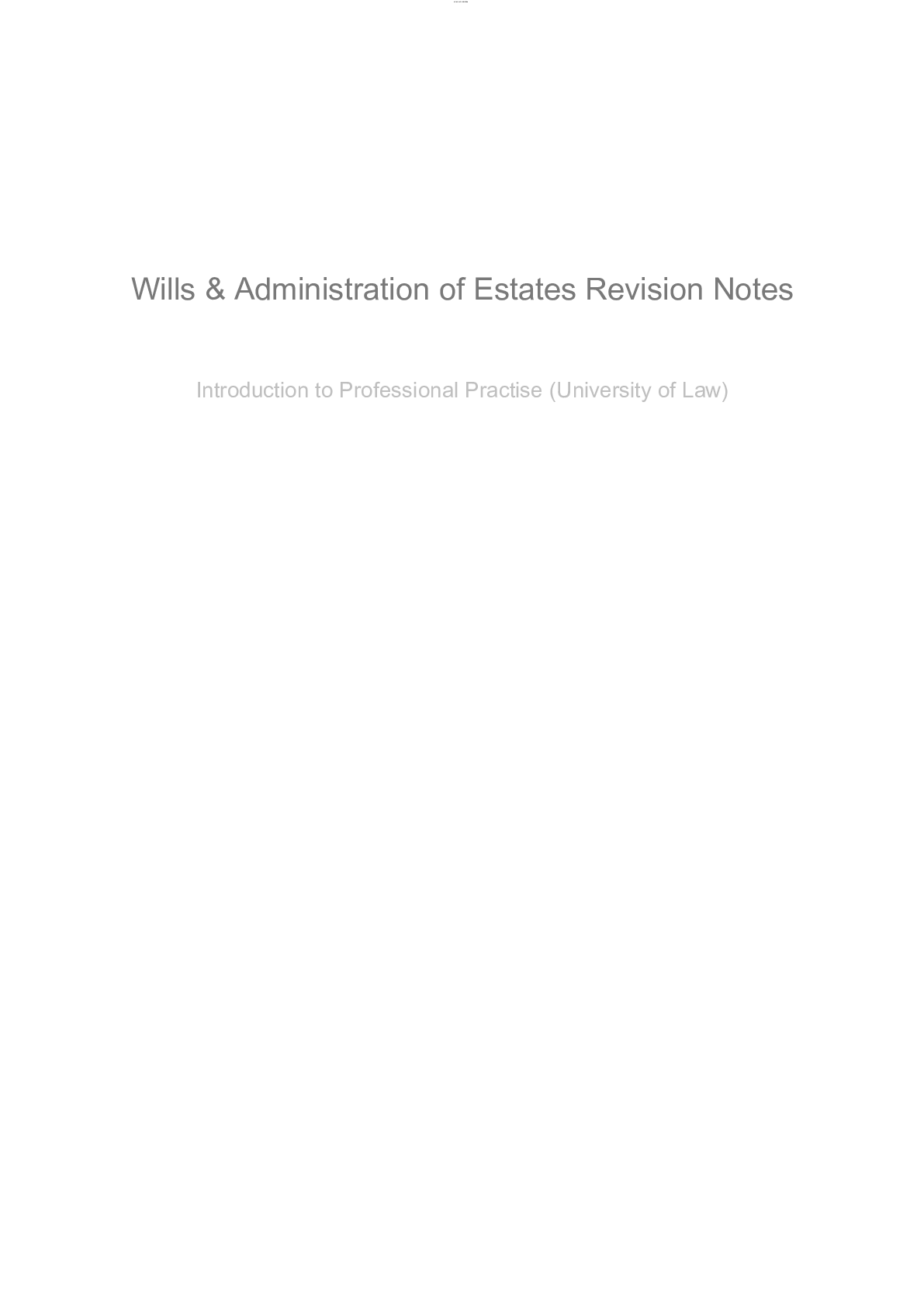Political Science > Study Notes > Yale University PLSC 118 MoFoPo -- Magic Notes-3 (All)
Yale University PLSC 118 MoFoPo -- Magic Notes-3
Document Content and Description Below
verview of Course - Exams are open book and open note b/c course is about thinking NOT regurgitation - Midterm – 4 short questions (5 min each) and 1 short essay (30 min) - Final – option betwe... en 1 big, expansive essay and combo of short questions plus 2 essays - Can take final at beginning or end of exam period - Central question of course: When are governments legitimate? : Enlightenment Political Theory Eichmann - Mid-level SS officer in charge of implementing final solution - Not an architect of the final solution and not anti-Semitic - Success for the first time in his life as member of Nazi party o Obeyed orders; commited to 3rd reich ideal o Wanted to do a good job - Expertise was management (not interested in purpose of exercise) What makes you uncomfortable about Eichmann? - Didn’t question orders o What’s wrong with following orders? o Is there a higher moral obligation (i.e. religion, natural law) - Banality of evil – he was not crazy nor marginal but rather a normal/average human - Saw no obligation to higher law What makes you uncomfortable about Israeli actions? - Conducted trial as a show trial - Set precedents – violated international law; made law and then applied it to Eichmann (violated due process) o Israel reinstituted death penalty and used it retroactively - Victim’s justice While Eichmann refused to make moral judgments, Israel did appeal to higher law BOTH approaches are disturbing! - Tension between Eichmann’s blind obedience to the law and Israel’s disregard for law - Are the moral imperatives that apply to individuals different than those that apply to collectives? - 3rd Reich was a “rogue” or illegitimate state – troubling that Eichmann treated it as a legitimate power - Israel was a legitimate state that disregarded international law and due process What makes states legitimate? (i.e. When do we owe them alliance and when are we obliged to disobey?) - Enlightenment Traditions/ Answers o Utilitarianism – promoting greatest happiness of the greatest number defines a legitimate state (Keyword: UTILITY) o Marxist Tradition – legitimacy linked to degree to which a state protects/ prevents exploitation (Keyword: EXPLOITATION) o Social Contract Tradition – legitimacy depends on degree of consent of the governed (Keyword: CONSENT) o All three reflect the supremacy of individual rights as the basic moral ideal and use science as the instrumental ideal - Rejection of Enlightenment Ideals o Anti-enlightenment - appeal to tradition, community, supremacy of inherited ideals - Democratic Tradition [Show More]
Last updated: 1 year ago
Preview 1 out of 65 pages
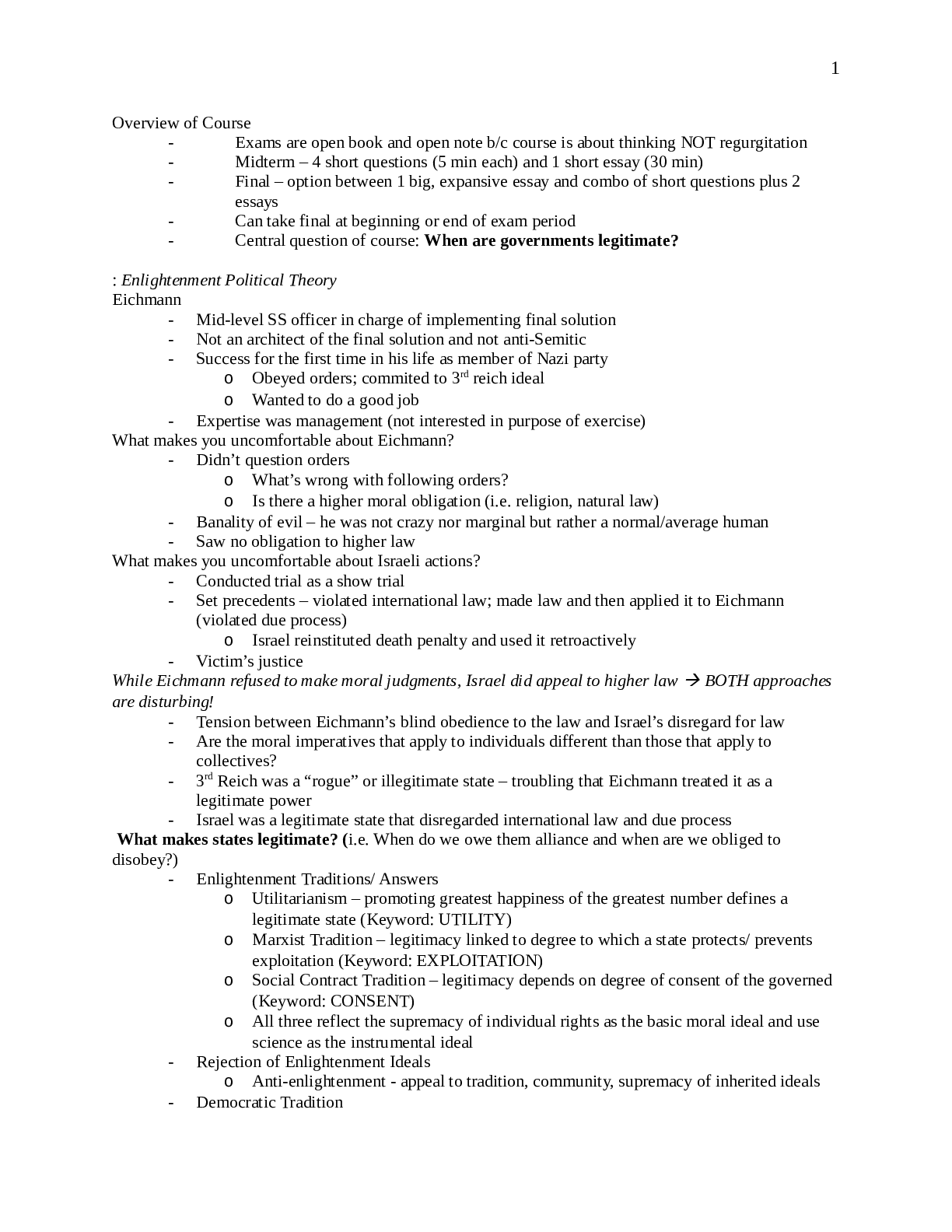
Reviews( 0 )
Document information
Connected school, study & course
About the document
Uploaded On
Sep 07, 2021
Number of pages
65
Written in
Additional information
This document has been written for:
Uploaded
Sep 07, 2021
Downloads
0
Views
59


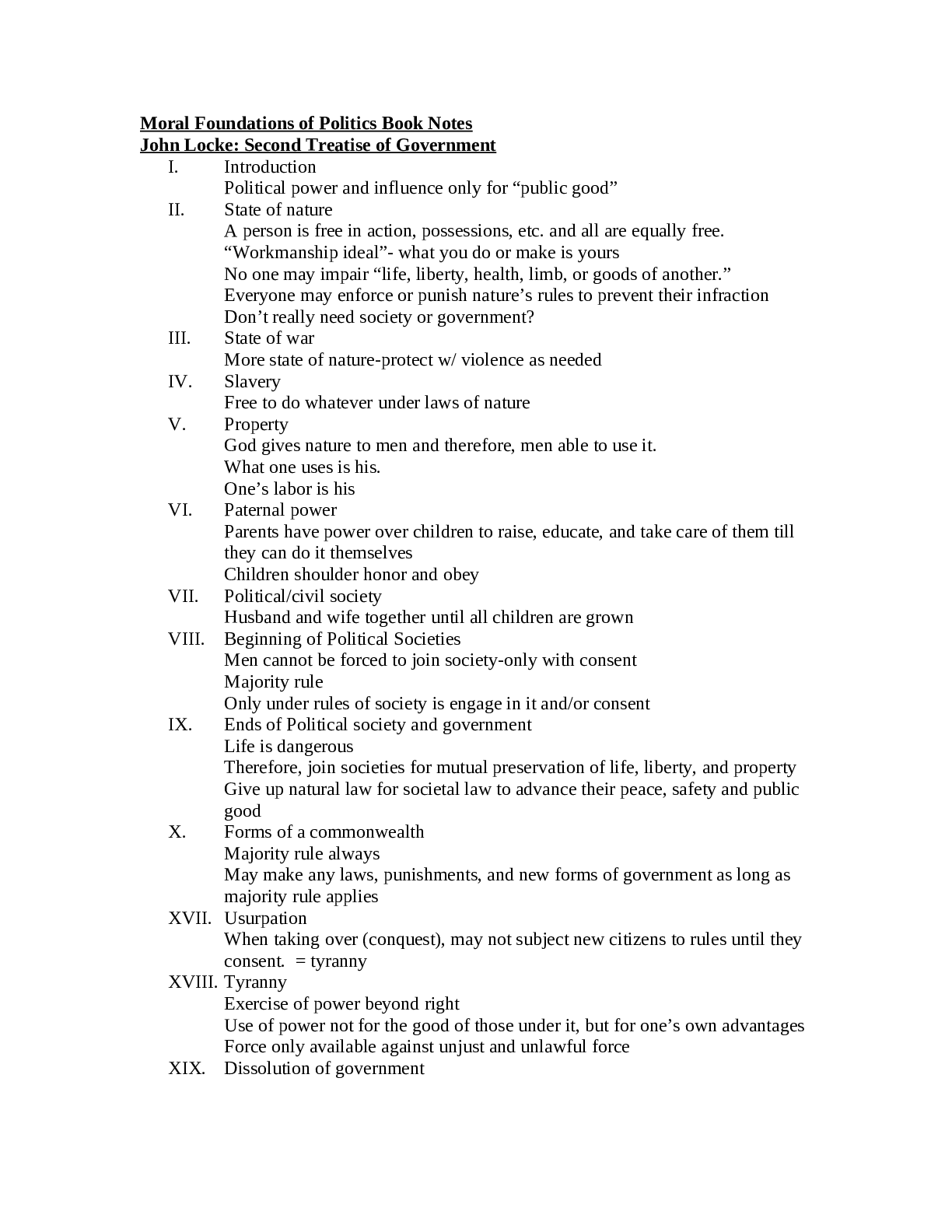
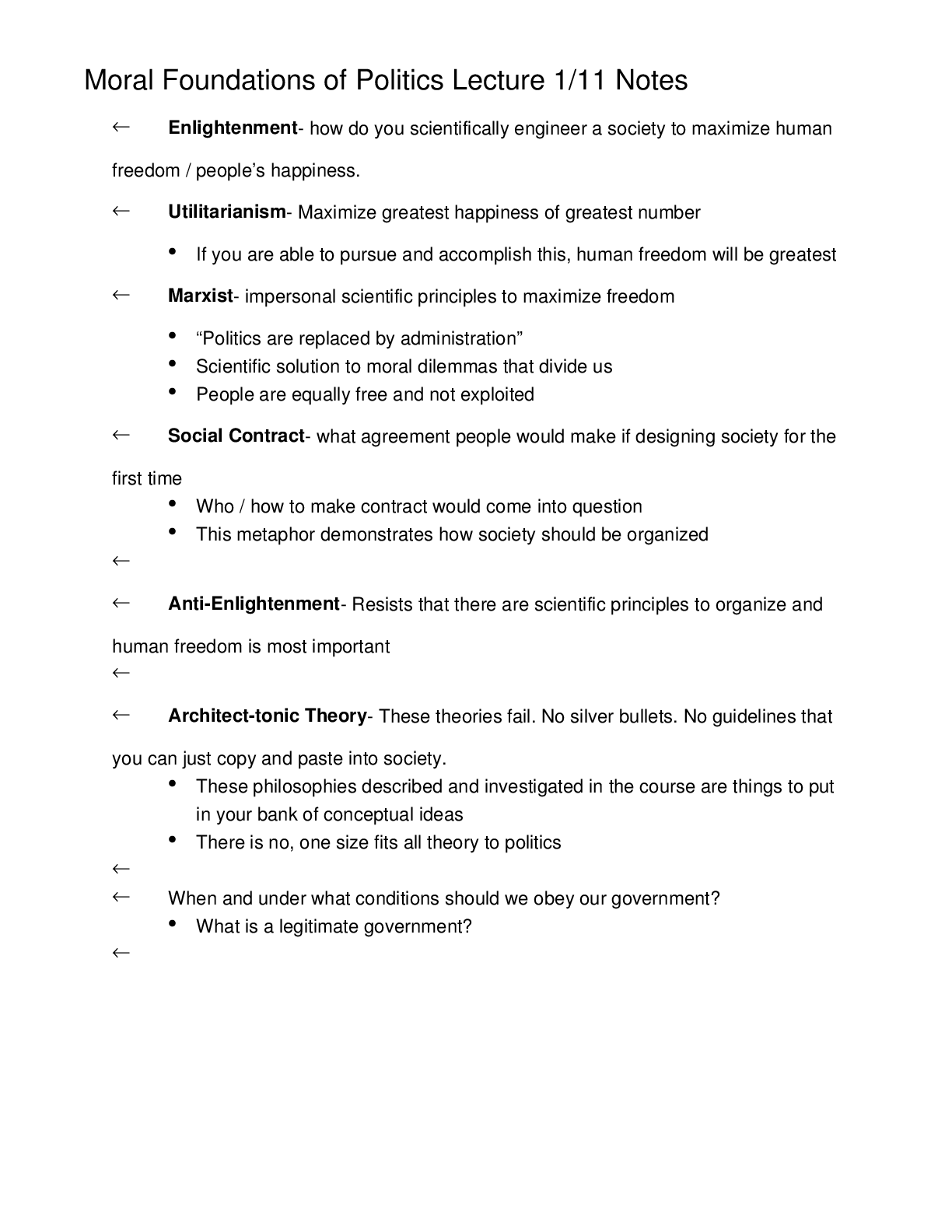
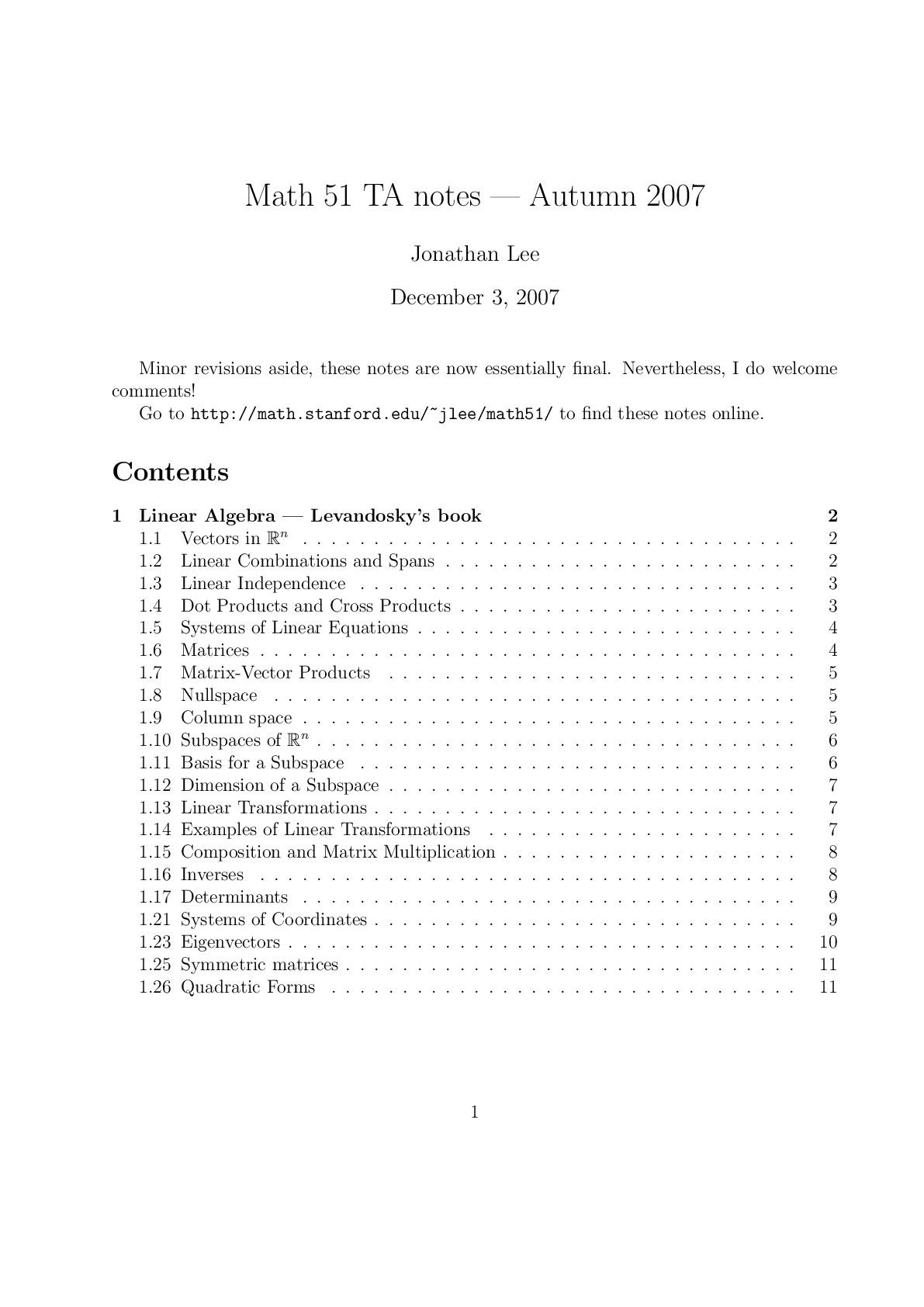
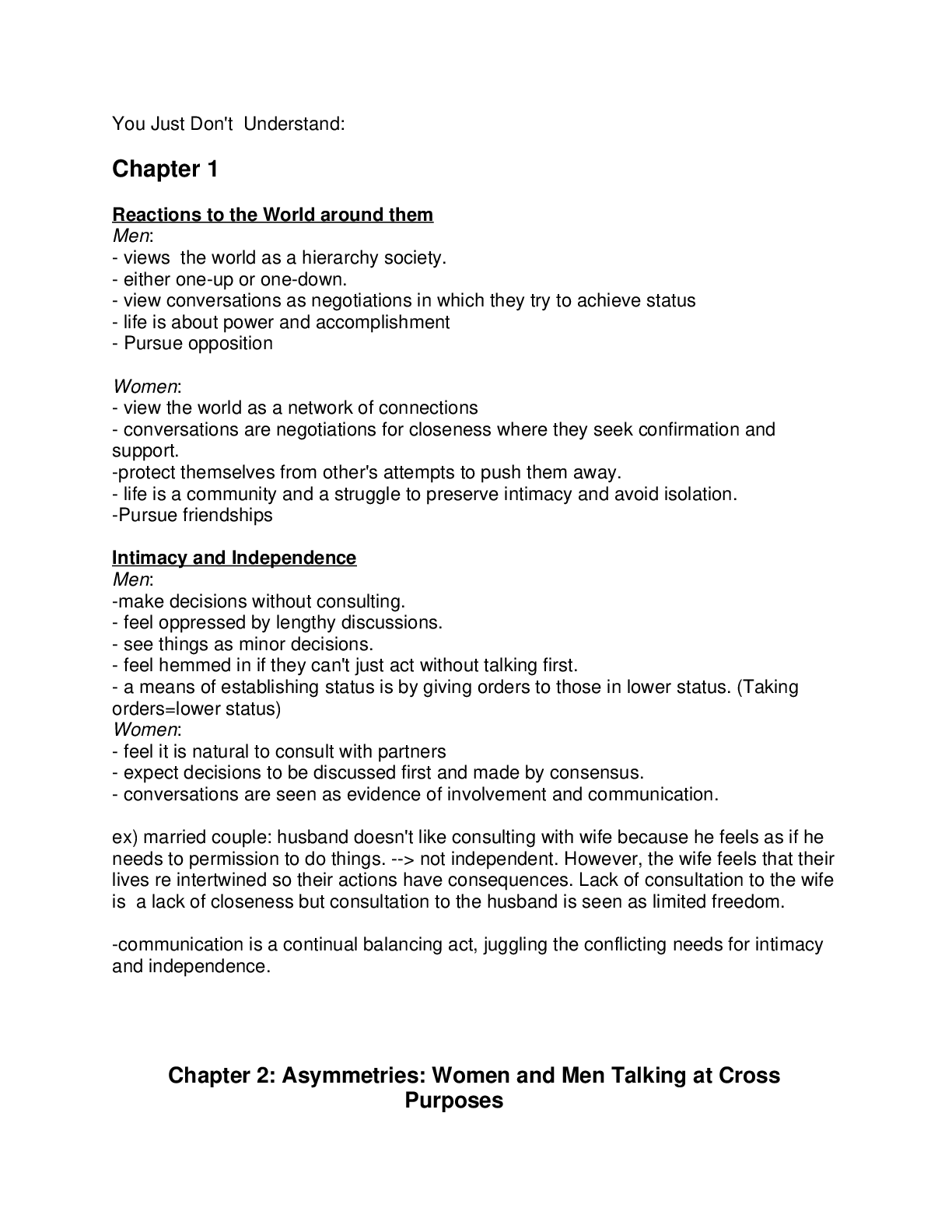




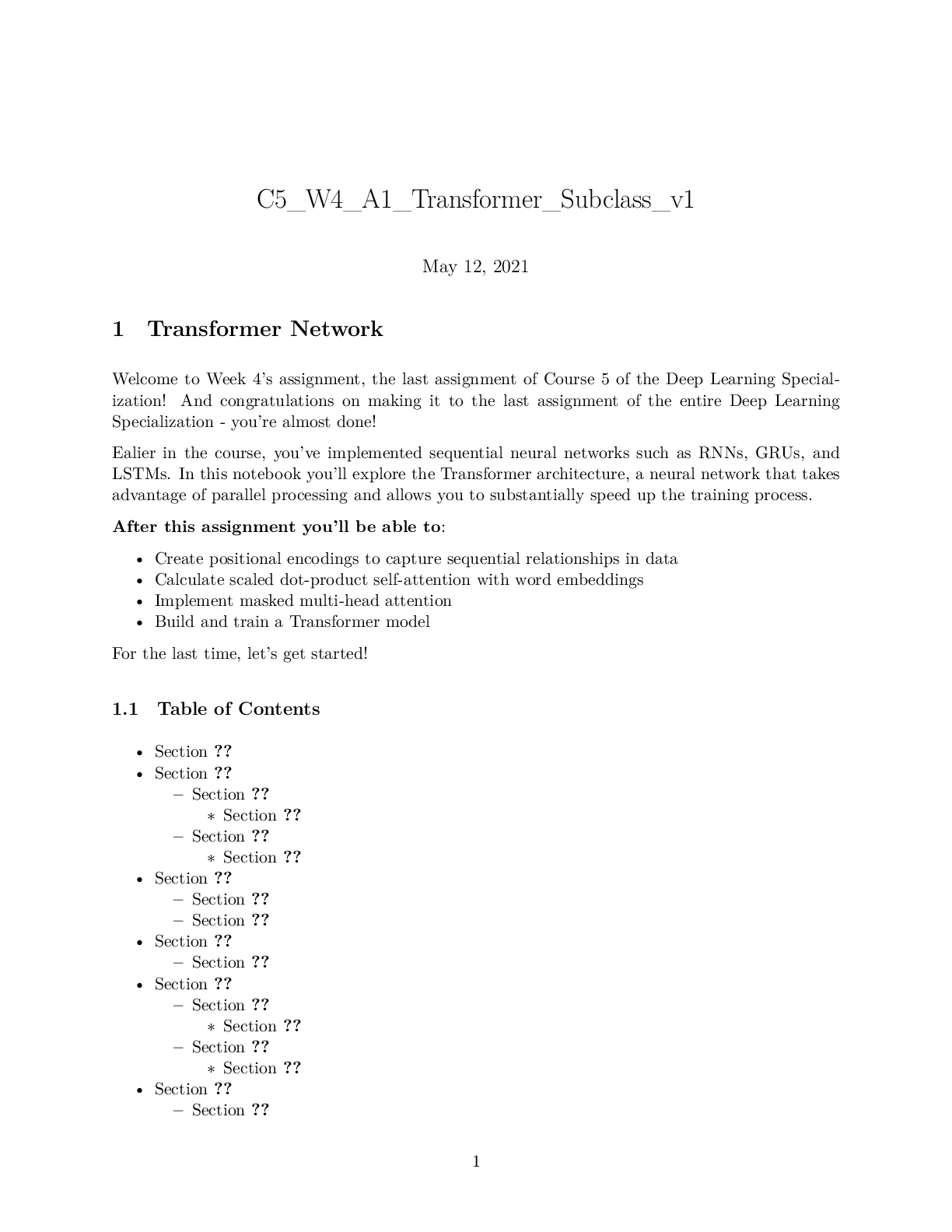
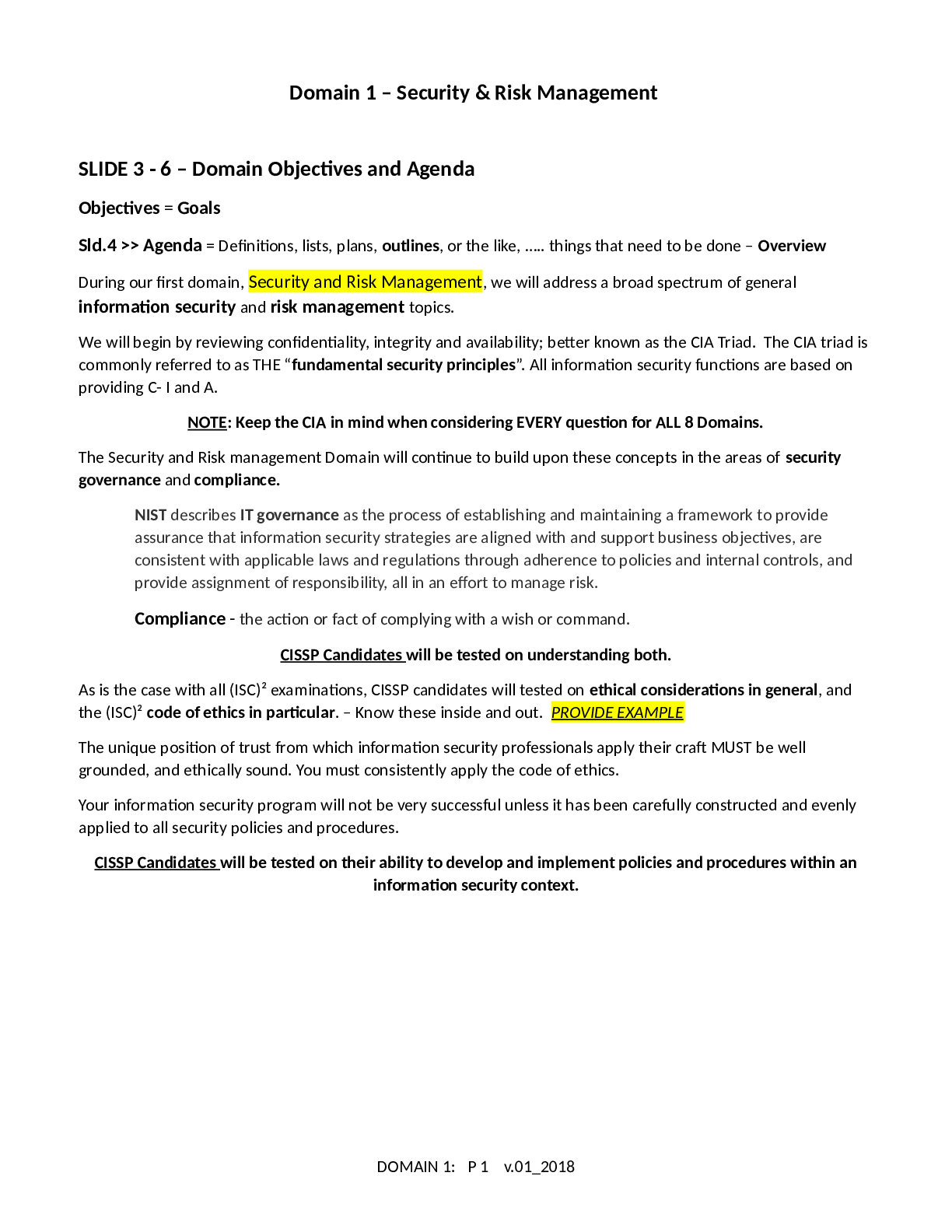
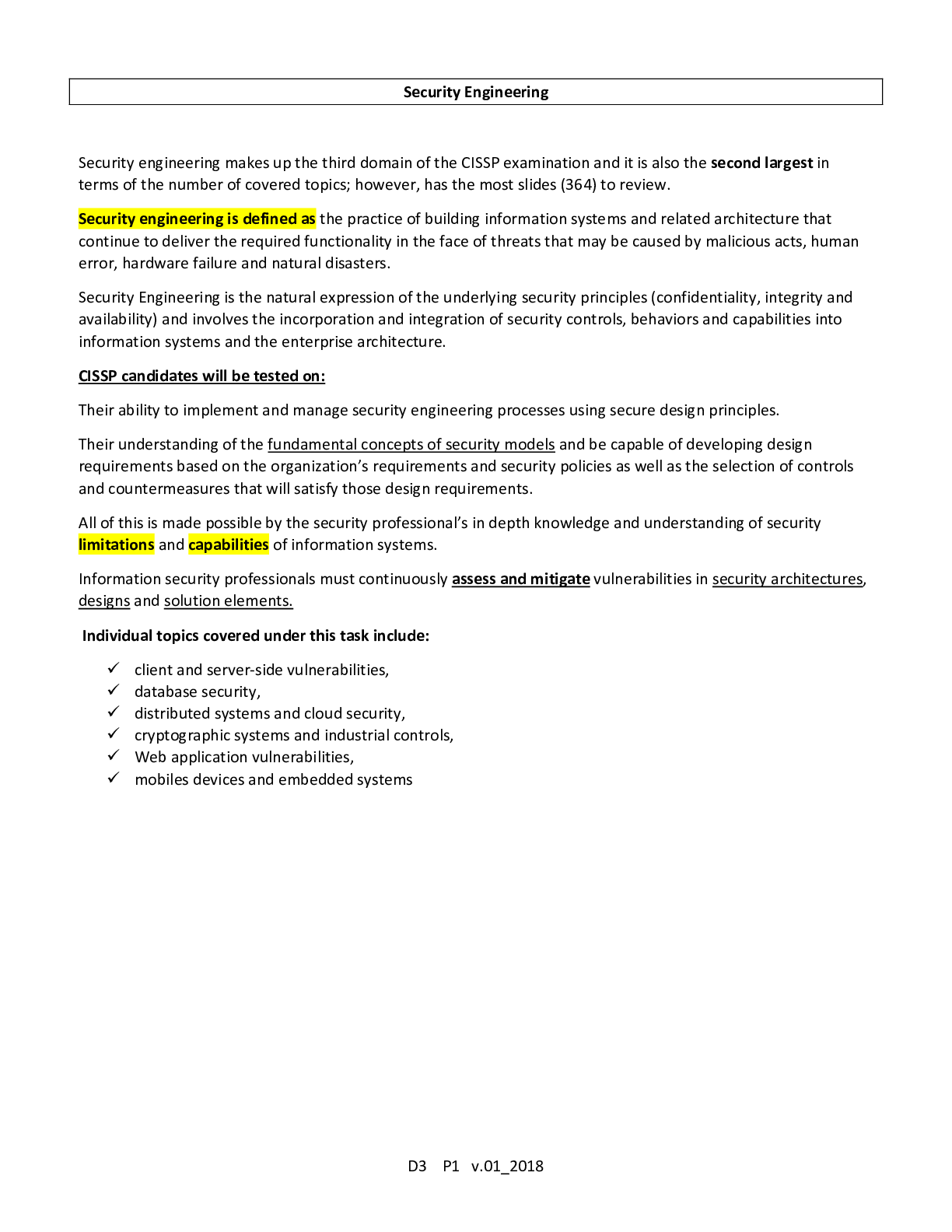

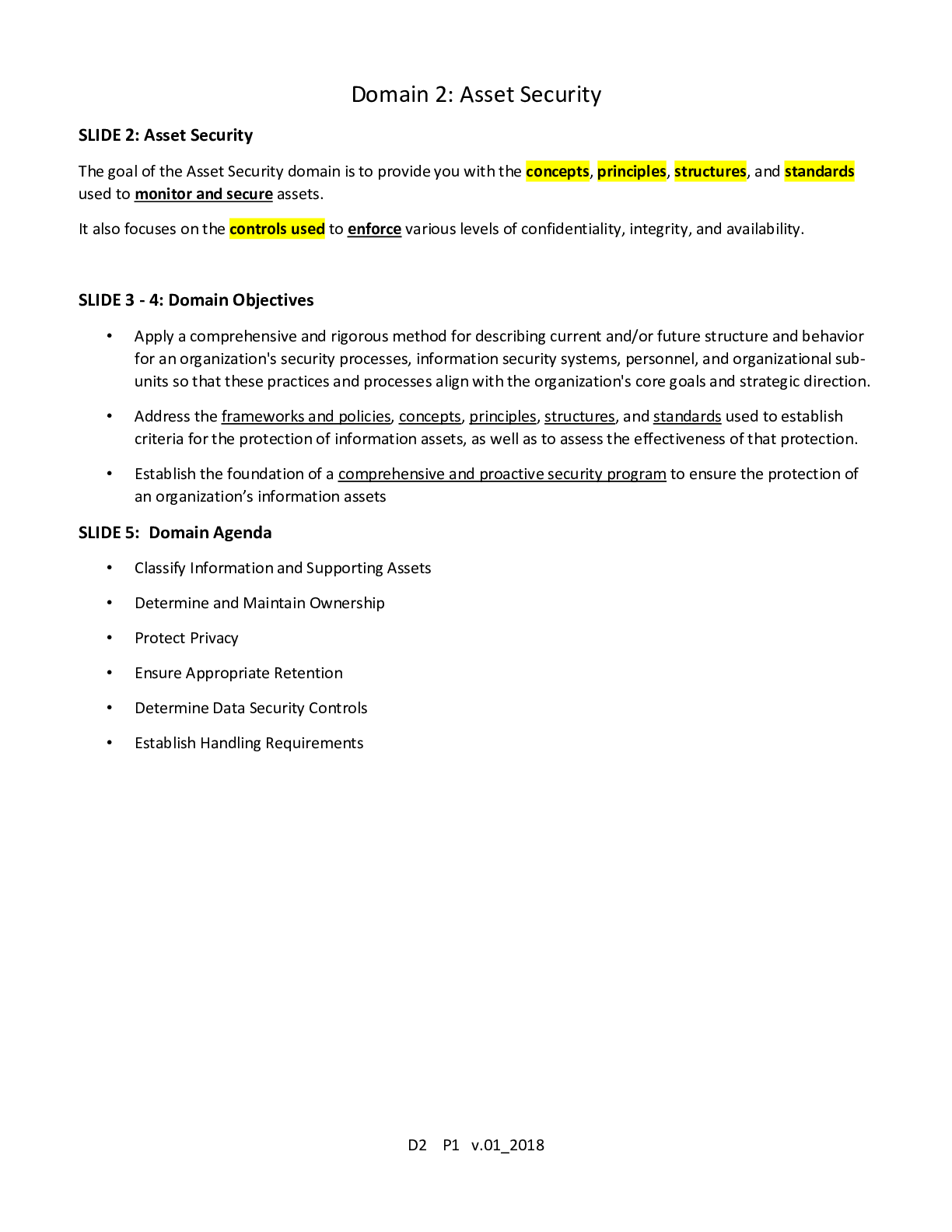
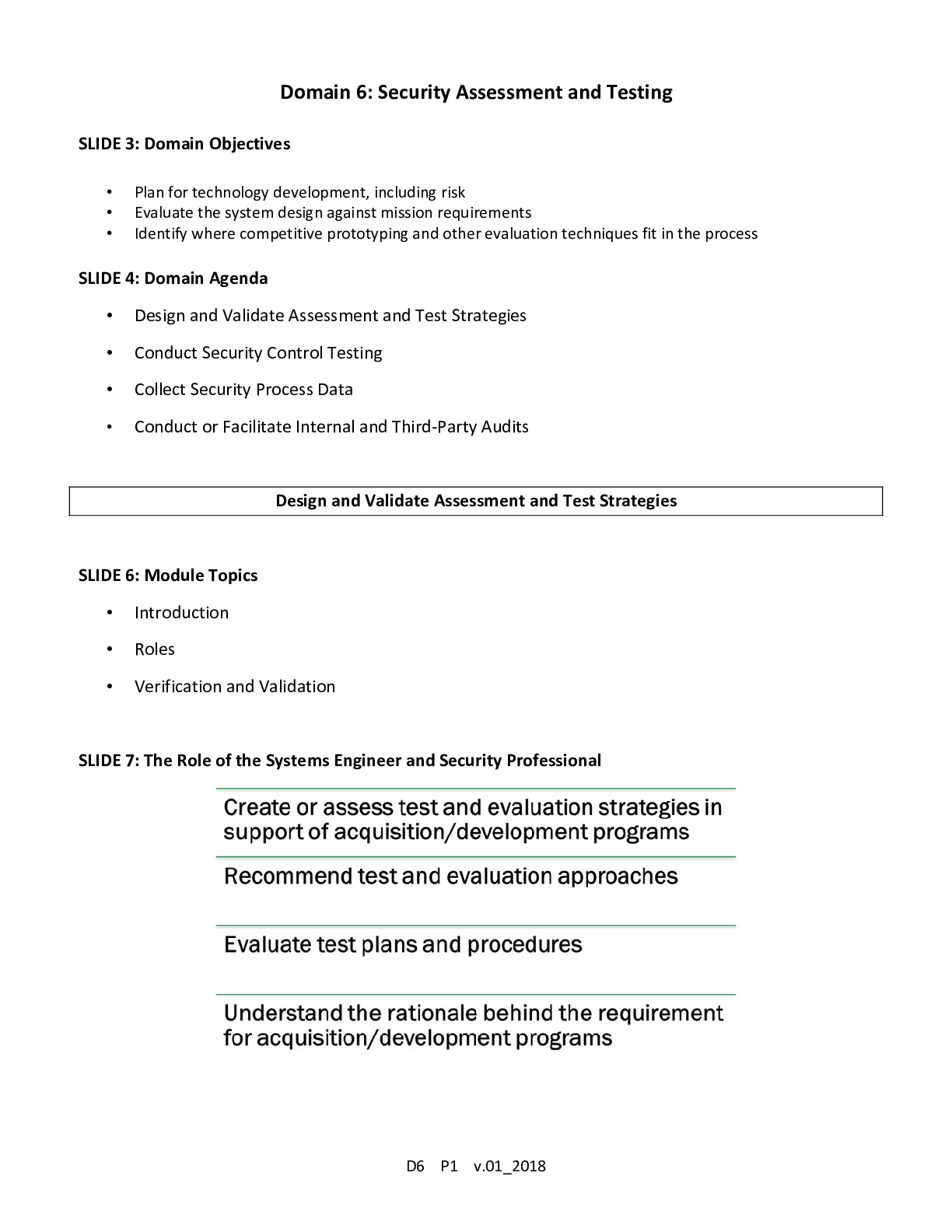
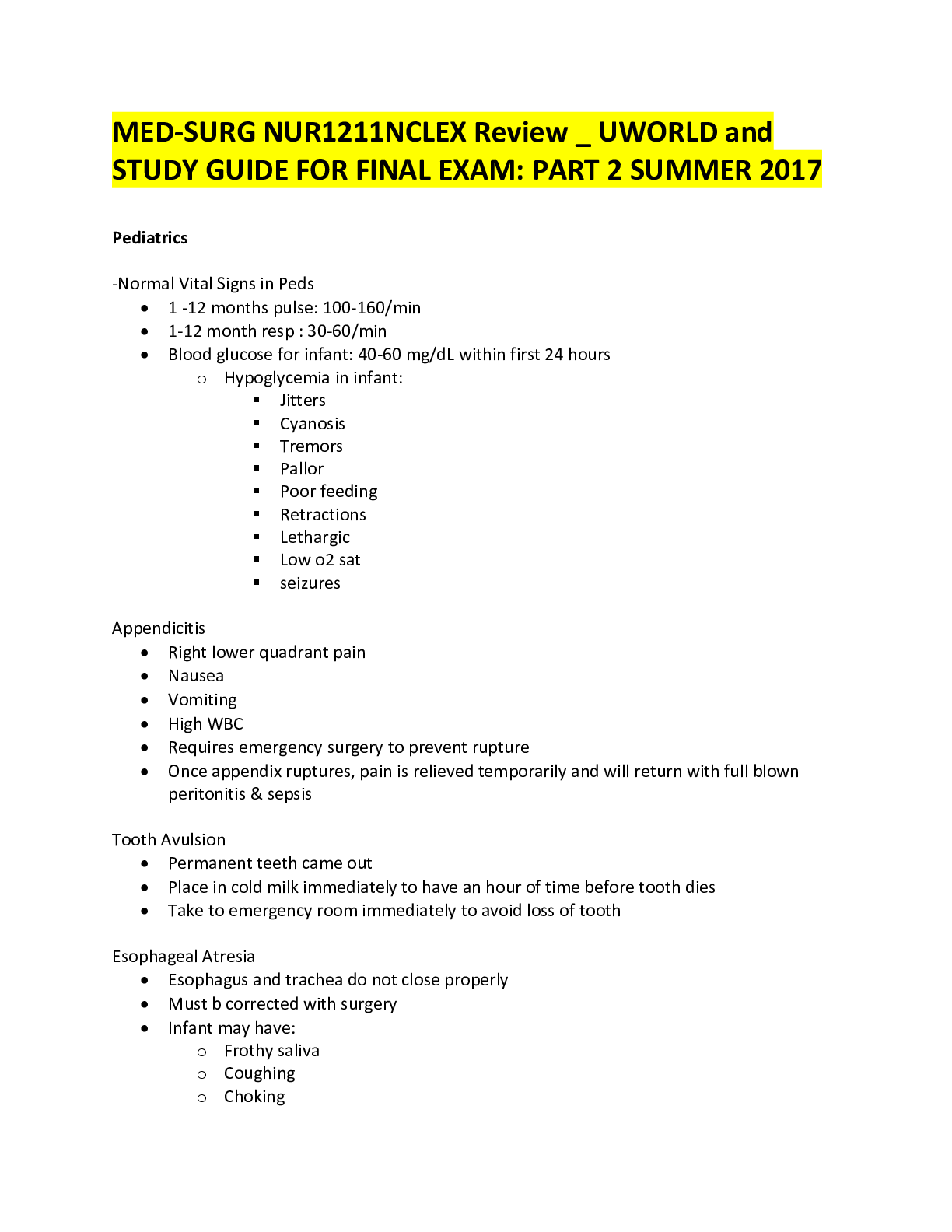
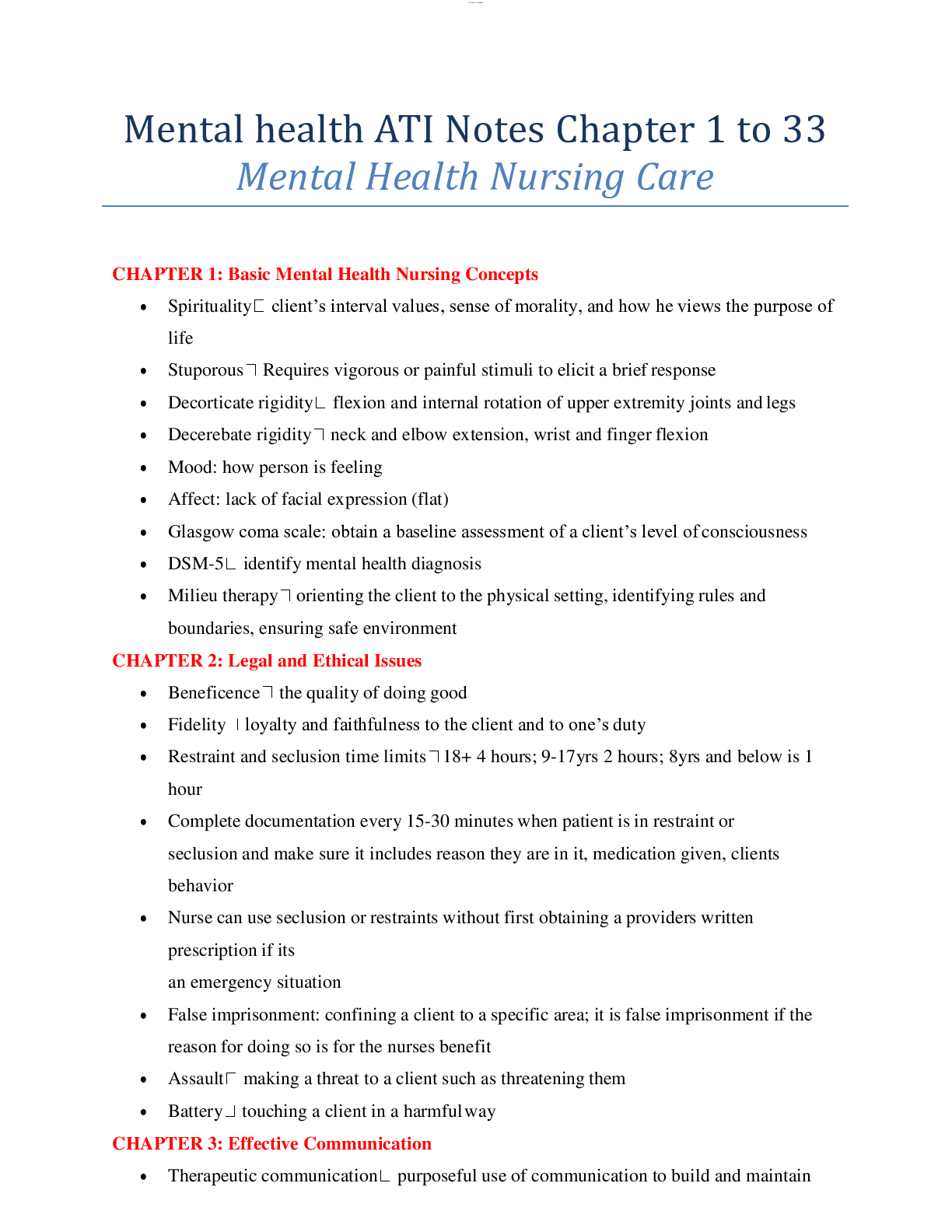
.png)





.png)
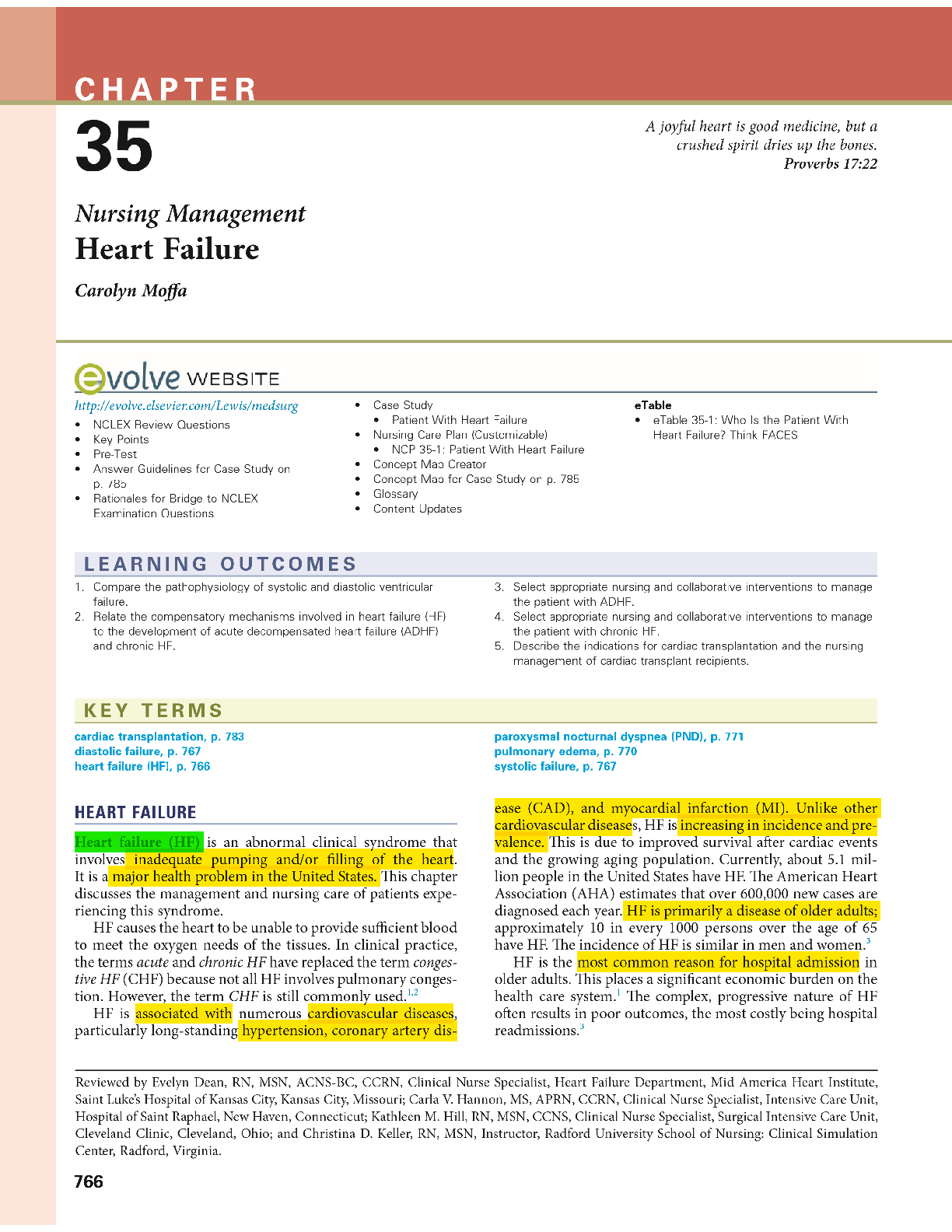
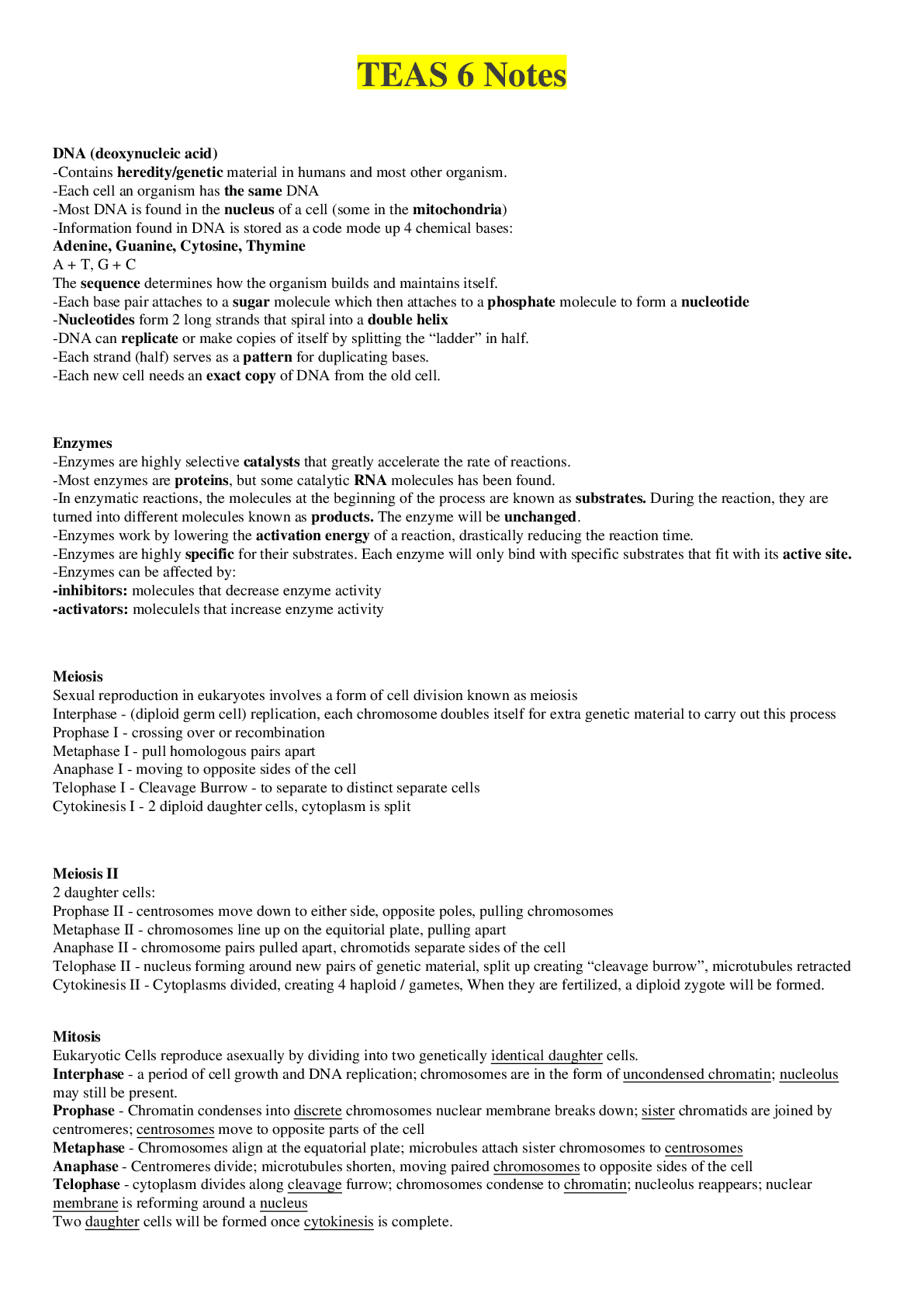
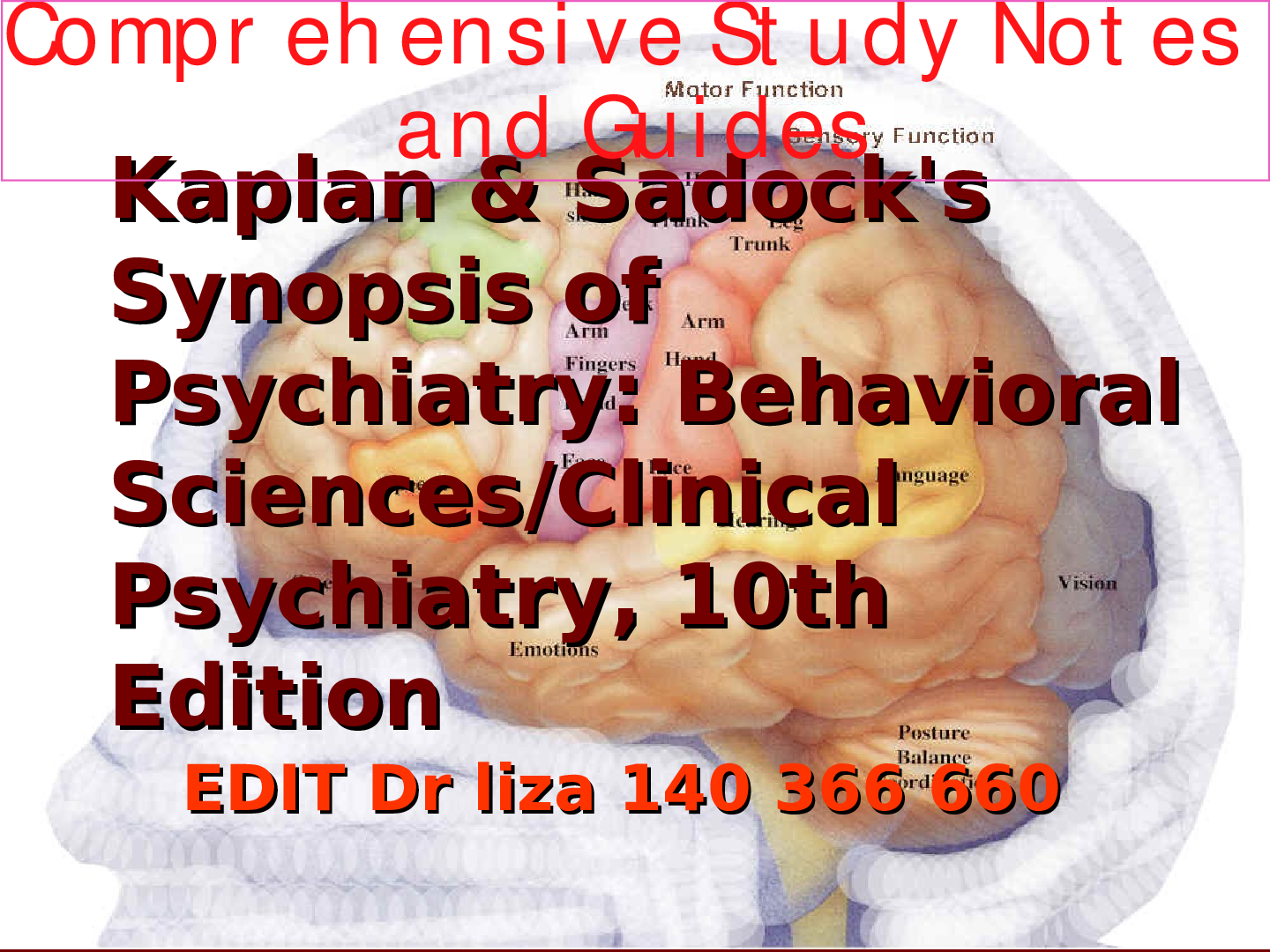
How Do Geographically Dispersed Teams Collaborate Effectively Paper.png)

